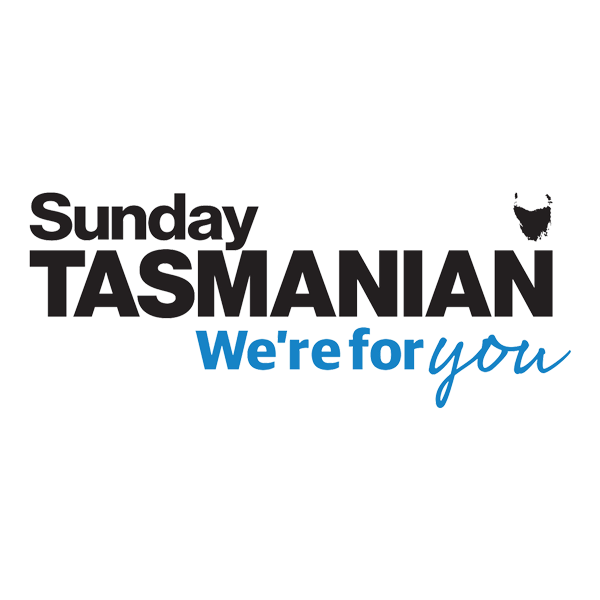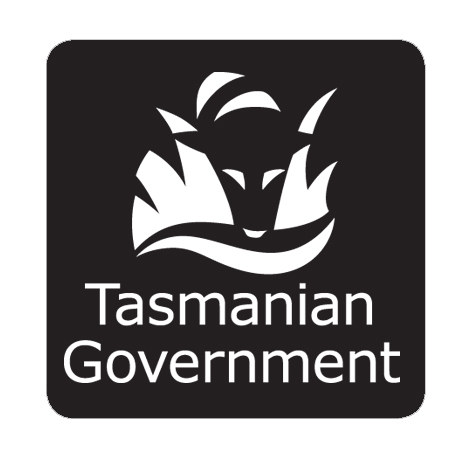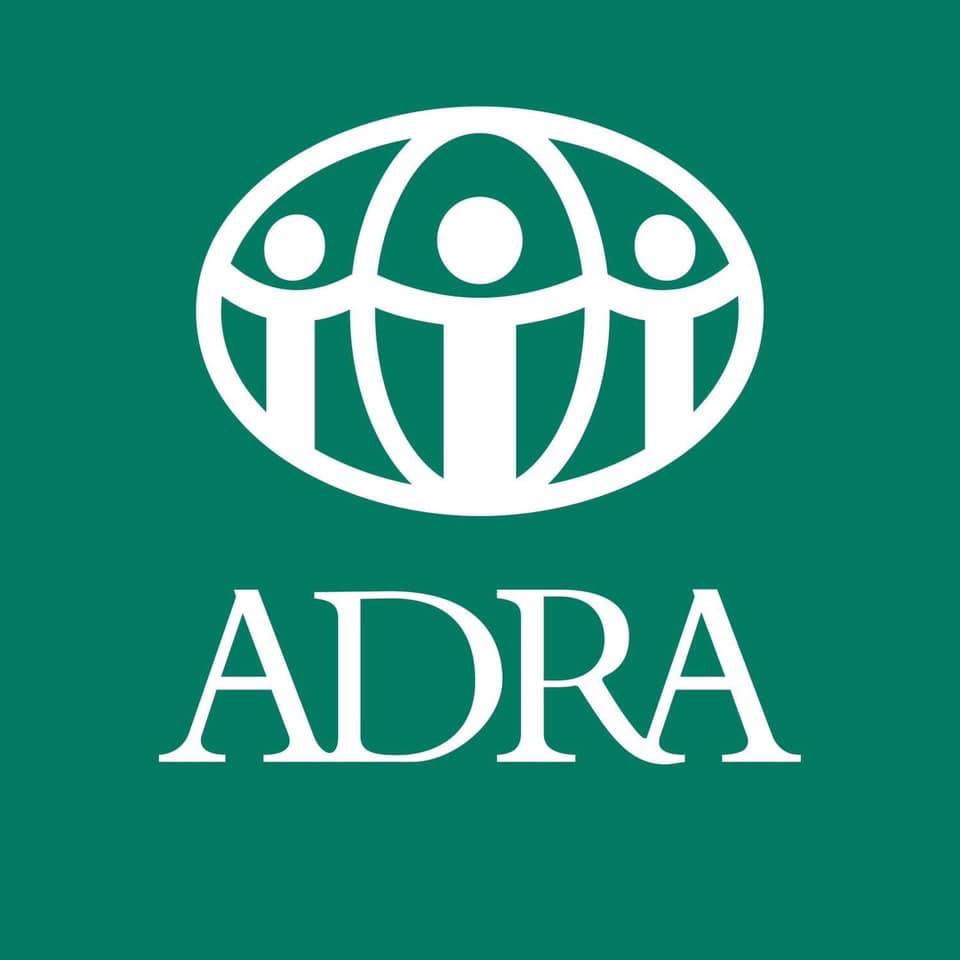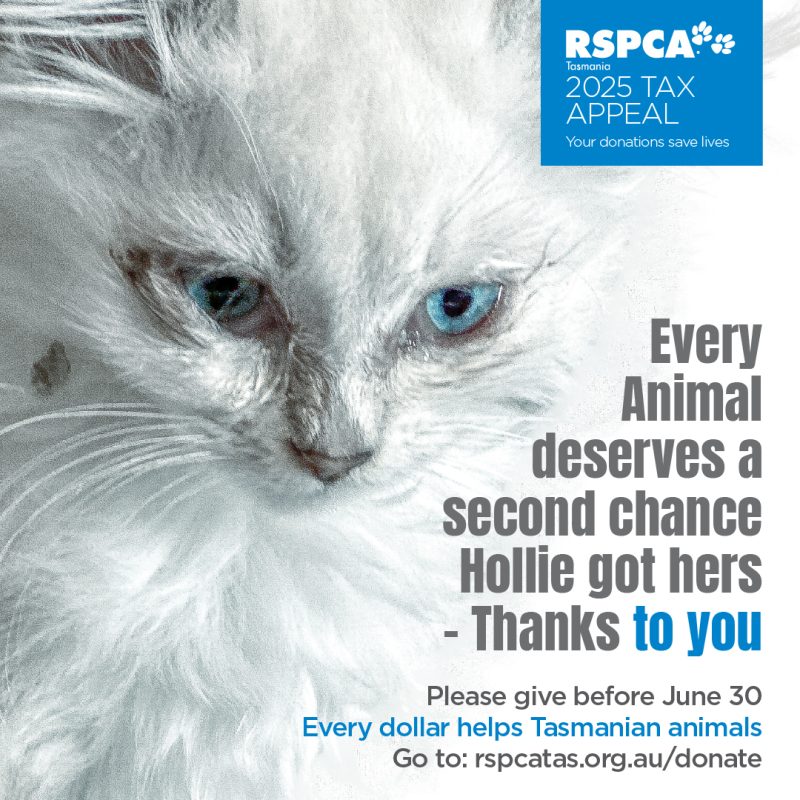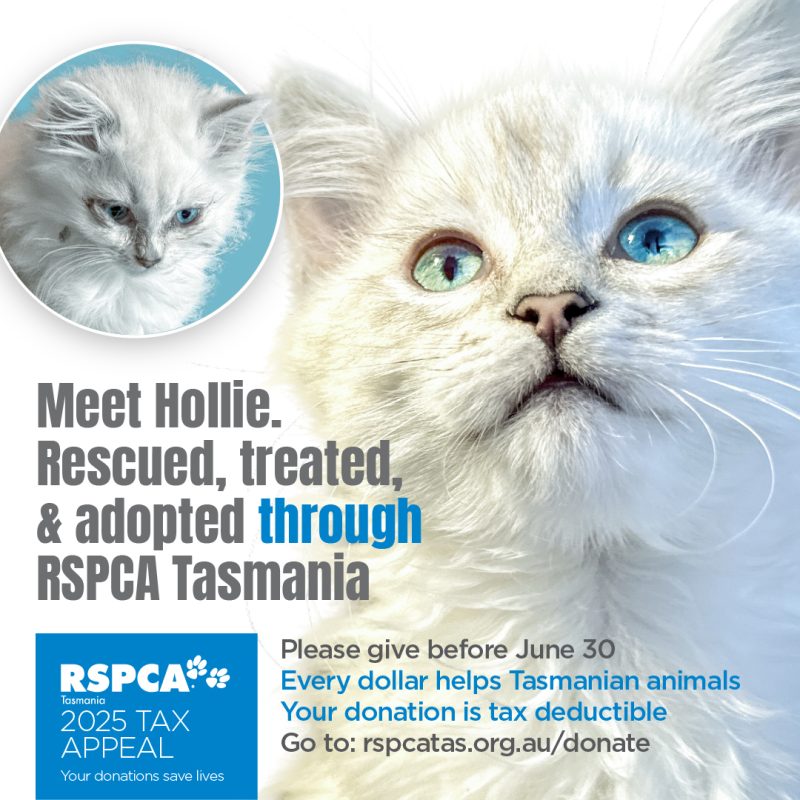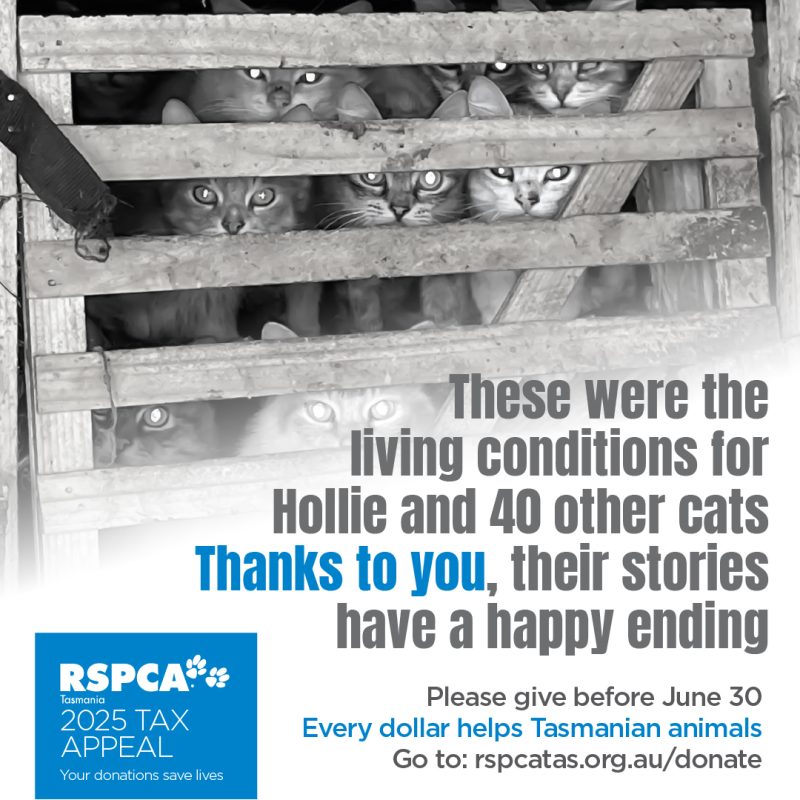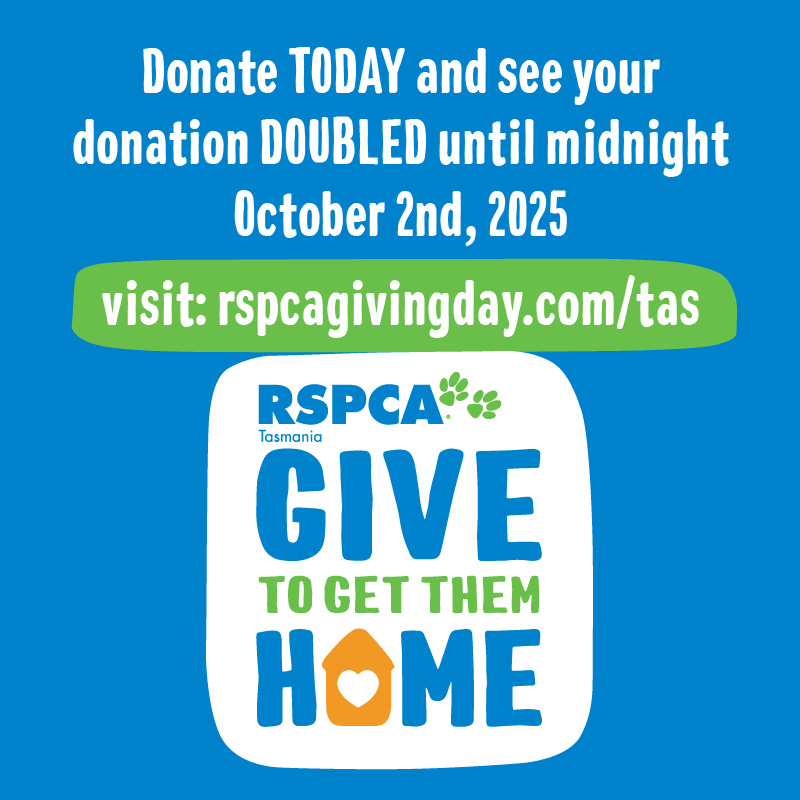Greyhound Racing in Tasmania
On average, around five greyhounds die in agony at official races around the country every week.
Last year, 15 greyhounds were killed on Tasmanian tracks and 367 were injured. Nationally, the death toll was 177, with 10,198 injuries. So far in 2022, there have been four deaths on Tasmania tracks, and 70 Australia-wide.
Australia is one of only seven countries in the world with a commercial greyhound racing industry — and we are by far the biggest. However, internationally, it is an industry in decline. One of the last hold-outs, Macau, was shut down in 2018, and there are now only two US states where greyhound racing is legal. Greyhound racing was banned in the ACT in 2018.
A community-based grassroots campaign recently resulted in the delivery of an e-petition against public funding of greyhound racing to the Tasmanian parliament.
This petition achieved enormous public support, with 13,519 signatures – which is equal to 2.5% of the state’s population. The previous record in Tasmania was 11,699 signatures for the e-petition supporting end-of-life choices.
This should make it crystal clear that public opposition to greyhound racing isn’t going away. Yet the Tasmanian government continues to funnel more than $30 million a year from taxpayers to support racing, with around $10 million directed to the greyhound industry.
These funds are used to actively encourage growth and participation through breeding incentives, appearance fees, infrastructure and race-day attraction grants, prize money, and even subsidies for injured dogs.
Official figures show this an industry very much in decline – particularly in Tasmania. Greyhounds Australasia logged a 39 per cent reduction in the number of greyhounds bred in Australia between 2014 and 2018, with a 70 per cent drop in Tasmania over that same period. According to Racing Tasmania figures, greyhound racing now represents only 0.19% of the workforce (433 full-time equivalent jobs).
Most Tasmanians think this money would be much better spent on health, social housing, or the environment. Even better, instead of contributing prize money, the government could instead redirect some of these funds to activities that fulfil similar community functions – ones that encourage positive health and well-being for people. And increased investment in animal welfare is long overdue.
We’re constantly told that trainers and owners love their dogs. So it is time for them to put their own money where their mouths are. The greyhound racing industry should be made to stand on its own feet – and taxpayer funding should cease.
Our state government remains doggedly committed to providing ongoing support using taxpayer money to an industry that is arguably out of step with community values and struggles to make ends meet on its own.
The future of greyhound racing in Tasmania is dependent on the government’s willingness to keep doing this – and that decision will be influenced by public opinion.
The power of people to bring about change should never be underestimated. This e-petition has made it clear that the community will not accept ongoing public funding being directed to prop up this so-called sport.


